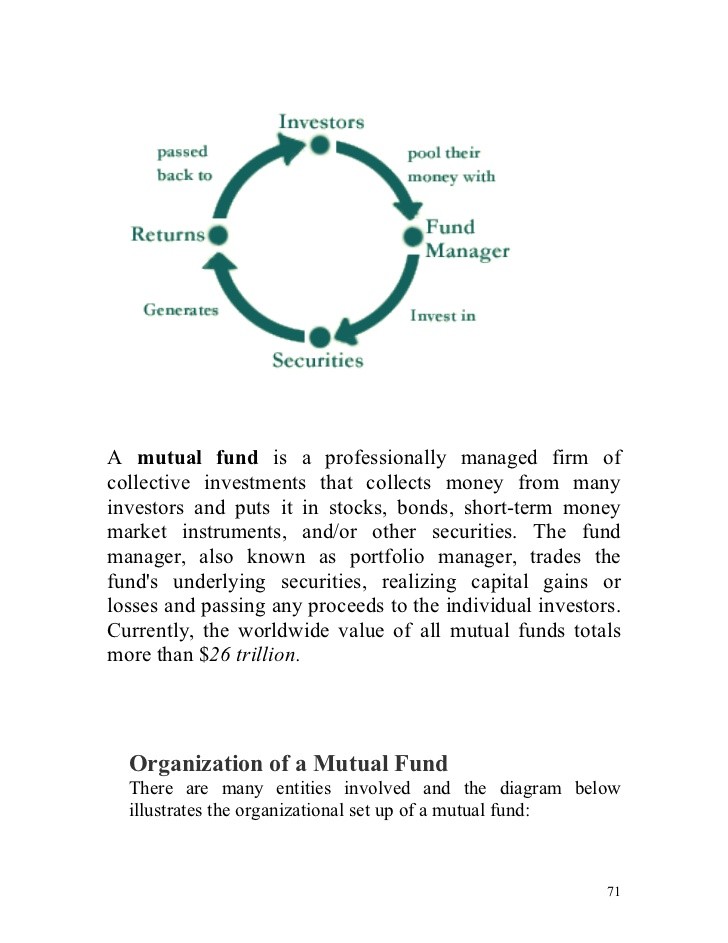LongTerm Investing With Equity Index CDs Bonds Market Dhara Web Site
Post on: 11 Апрель, 2015 No Comment

Home Bonds Long-Term Investing With Equity Index CDs
1/9/2012 1:54:28 AM
Administrator
Posts: 562
Equity Index certificate of deposits allow you to ease into the market by reaping gains without enduring too much risk.
Equity Index CDs have been around since the 1980s. This investment instrument came at a time when the stock market crashed, and served those investors looking for portfolio protections. Chase Manhattan Bank of New York was among the first to offer the structured product. Large domestic and regional investment banks, such as Citigroup and Bank of America, and smaller community and foreign banks also followed suit.
Bank deregulation over the years has made the CDs more available, and increased their popularity because of competition within the industry to attract more depositors. Banks have offered these securities and marketed them to compete against mutual funds and other equity investments. They have also been promoted as a means of protection during a financial downturn, because the principal is secured by the government, which is one of the few commonalities it shares with a traditional CD.
Equity Index CDs have also been known as market indexed CDs, or index-linked CDs. Their names, time to maturity, participation rate and the method of computing the return on the stock index typically differentiate these types of CDs from each other, but the fundamental elements remain the same. (To learn more, check out our Certificates Of Deposit Tutorial .)
How They Differ from Traditional CDs
Traditional CDs earn between 2% and 4% interest a year. Equity Index CD gains are related to the stock market, and they can have a higher potential return. The interest rates of equity-linked CDs are generally linked to one or more of the commonly-known financial indexes, typically the Dow Jones Industrial Average and the S&P 500 — but it has also included precious metals, such as gold, silver and platinum, theConsumer Price Index and the Nasdaq 100. Some CDs are linked to international indexes, such as those in the United Kingdom. (To learn more, see The Lowdown On Index Funds .)
Banks use different formulas to figure out the return at maturity. Quite often, a bank may use the averaging method, which takes the yearly average of the performance of the underlying index or group of indexes. Another approach used is the point-to-point method, which determines the performance of the index or indexes based on the start and end dates. As a result of these methods, it’s critical to review the contract to determine know which one used and best fits your investment needs.
Some variables can affect the investment return, and these as described by the Financial Services Review 2005 report, include time to maturity, participation rate, volatility of the market index, changes to the makeup of the index, guaranteed coupon rate and minimum deposit.
Some equity linked CDs will have caps, for instance, the Securities Exchange Commission explains, if the S&P 500 goes up 20% and your CD participation rate is 70%, but the cap is 10%, your return will not be 14%. Instead, it would be capped at 10%.
Advantages
Equity Index CDs offer a short-term commitment generally between three and five years. The principal is protected and guaranteed through the Federal Deposit Insurance Corporation and therefore 100% of your principal is returned at maturity. The CDs are insured up to $100,000 per individual by the FDIC. The deposits range from $1,000 to more than $20,000. The non-traditional CD is also considered a lower cost alternative to an annuity because they offer lesser fees. Investors don’t have to worry about large commission fees either. (Learn more in Are Your Bank Deposits Insured? )
Disadvantages
Equity Index CDs don’t have the government protections of not-registered securities. They don’t provide steady income because interest isn’t paid until they have matured. You are required to keep them for the full term, and they are often illiquid the first year. The opportunity to redeem the CD before maturity is rare. The product can become worthless if sold before maturity. Prepare to pay a penalty if withdrawn before the end of the term. You could be charged a certain percentage that could reduce your principal as a result. The income doesn’t grow tax-deferred. and it’s taxed as ordinary income.
Conclusion
Equity Index CDs tend to appeal to conservative investors. They’re for savers who don’t mind the reduced gains in a low-interest environment. They’re created to be held to maturity, and that means the money is locked away for periods of years. These CDs have complicated methods for calculating returns, and it’s important that you go over this with your financial advisor to make sure you are getting the most from your investment. The product doesn’t have the additional protections afforded to securities, so shop around and locate reputable banking institutions when choosing this product. Stay aware of the tax consequences, because they are taxed as ordinary income. Also, understand that this type of investment is contingent on future market conditions. (For more, check out Are CDs Good Protection For A Bear Market?














